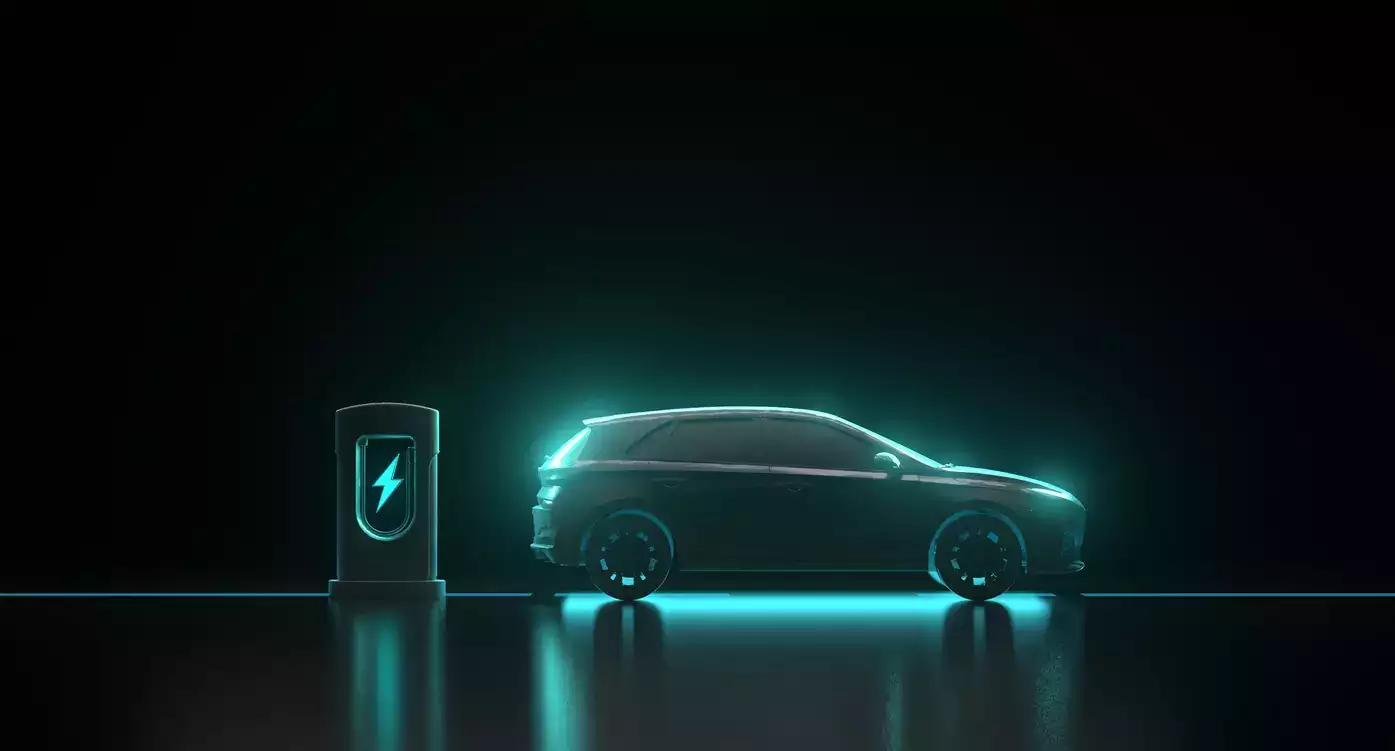 With the growth of solar power and electric vehicles, customers can achieve significant benefits, including no associated fuel costs and zero emissions by combining these technologies.
With the growth of solar power and electric vehicles, customers can achieve significant benefits, including no associated fuel costs and zero emissions by combining these technologies.Tata Passenger Electric Mobility (TPEM), a subsidiary of Tata Motors Limited, and the Rajasthan Solar Association (RSA) have signed a Memorandum of Understanding (MoU) to promote the use of electric vehicles (EVs) and solar energy for EV charging in Rajasthan. This partnership follows a substantial push for solar rooftops by the Government of India under the Prime Minister Surya Ghar Yojana, further enhancing India's over 4 lakh solar installations. The collaboration aims to boost solar and electric mobility adoption in Rajasthan, driving progress toward sustainability and carbon reduction goals.
With the growth of solar power and electric vehicles, customers can achieve significant benefits, including no associated fuel costs and zero emissions by combining these technologies. Rajasthan stands out with its high penetration of renewable energy, ranking second among Indian states by installed capacity, with renewable energy making up 20% of the state's total power capacity. Jaipur, the state's capital, also boasts one of the highest EV penetration rates in India.
Use of solar energy
This agreement between TPEM and RSA targets advancements in solar energy use and EV penetration in Rajasthan. Customers with solar power installations at their homes or businesses will qualify for additional discounts when purchasing Tata EVs. The Rajasthan Solar Association will manage the certification process to ensure eligible customers receive the applicable discount. Additionally, the association will promote the advantages of TPEM's electric vehicle portfolio across the state.
Balaje Rajan, Chief Strategy Officer, Tata Passenger Electric Mobility Ltd. and Tata Motors Passenger Vehicles, highlighted the mutual benefits of combining solar power and EVs. "Rooftop solar presents a unique opportunity for EV owners, offering the twin advantages of low-cost power and zero-emission mobility. Over 90% of EV customers charge at home and nearly 30% already use rooftop solar for home charging. By leveraging this synergy, EV users can effectively eliminate fuel costs and enable true zero-cost mobility. In our endeavor to further develop EV infrastructure, we have introduced packages bringing together rooftop solar installations while purchasing our EVs. This MoU with the Rajasthan Solar Association is a crucial step forward in that direction, helping democratise zero-emission mobility."
Nitin Agarwal, CEO, Rajasthan Solar Association, added, "This collaboration will mark a revolutionary step in Rajasthan’s electric vehicle consumption as it combines solar power with EVs, representing a significant step in fostering green energy and reducing reliance on traditional fuels, marking a major milestone in Rajasthan’s journey towards a sustainable future."
Sustainable steps
The initiative comes at a time when integrating renewable energy with electric mobility can lead to greater environmental and economic benefits. By focusing on solar rooftops and EVs, the partnership aims to create a zero-emission transportation future. This strategy aligns with India’s broader sustainability and clean energy goals, further supported by recent government policies promoting renewable energy sources.
Tata Passenger Electric Mobility and the Rajasthan Solar Association will work closely to ensure the successful implementation of this program, boosting local clean energy infrastructure and increasing the adoption of green technologies.
